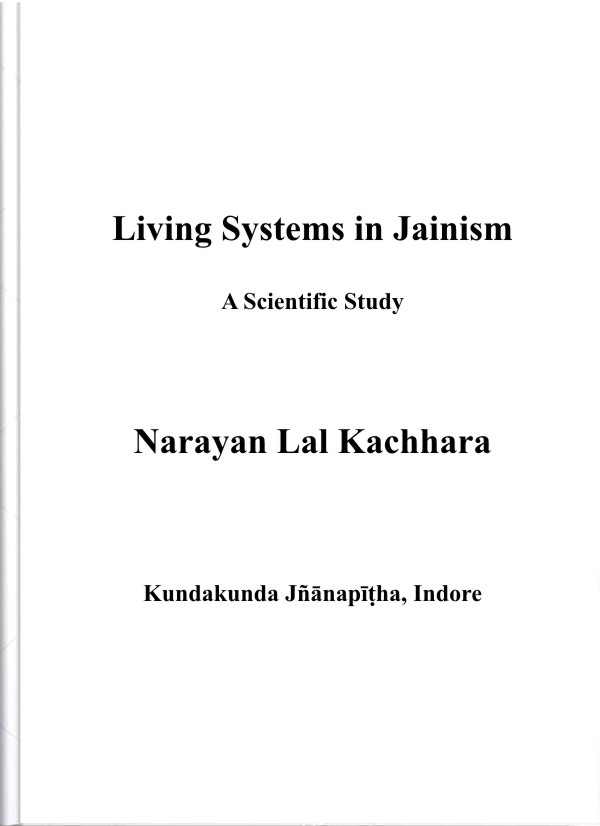Victor J. Stenger thinks that the seemingly profound association between quantum and mind is an artifact, the consequence of unfortunate language used by Bohr, Heisenberg and the others who originally formulated quantum mechanics. In describing the necessary interaction between the observers and what is being observed, and how the state of a system is determined by the act of its measurement, they inadvertently left the impression that human consciousness enters the picture to cause that state to come into being. This led many who did not understand the physics but liked the sound of the words used to describe it, to infer a fundamental human role in what was previously a universe that seemed to have a need for neither gods nor humanity.
If Bohr and Heisenberg had spoken of a measurement made by inanimate instruments rather than "observers," perhaps this strained relationship between quantum and mind would not have been drawn. For nothing in quantum mechanics requires human involvement.
Quantum mechanics does not violate the Copernican principle that the universe cares not a whit about the human race. Long after humanity has disappeared from the scene matter will still undergo the transitions that we call quantum events.
The field theories of consciousness do not appear to have been as widely discussed as other quantum consciousness theories, such as those of Penrose, Stapp or Bohm. David Chalmers argues that there is no particular reason why particular macroscopic physical features in the brain or a particular quantum features e.g. the electromagnetic field in the brain, should give rise to consciousness. Jeffrey Gray also thinks that tests looking for the influence of the electromagnetic field on brain function have been universally negative in their result.
The main argument against the quantum mind proposition is that quantum states in the brain would decohere before they reached a spatial or temporal scale at which they could be useful for neural processing. Michael Price says that quantum effects rarely or never affect human decisions and that classical physics determines the behavior of neurons. Price's position does not necessarily imply that classical mechanics can explain consciousness, but that quantum effects including superposition and entanglement are insignificant.
Max Tegmark concluded that quantum systems in the brain decohere quickly and cannot control brains functions. The proponents of quantum consciousness theories like Vitiello, Penrose and Hemeroff, and Bernroider, have, however, defended themselves and insist that coherence is preserved.
Bernard Baars, a neurobiologist and co-editor of Consciousness and Cognition wrote, "No serious researcher I know believes in an electromagnetic theory of consciousness. It is not really worth talking about scientifically."
No theory of brain can explain why and how consciousness is a fundamental property of matter. Any theory that tries to manufacture consciousness from some property of matter is doomed to failure. The existence of consciousness is separate from the physical properties of matter. The main problem is the lack of an empirical test for consciousness. We cannot know whether a being is conscious or not. We cannot "measure" consciousness. There is not, up to this moment, any satisfactory explanations for the mechanism of formation of a conscious experience, typified by individuality and subjectivity i.e. the self.
It is evident, the fundamental principle of Jainism that consciousness is the property of the soul and that matter does not possess the property of consciousness cannot be challenged by science. In Jainism the soul, mind and body form a system and for any event of the system there are parallel activities taking place in the three component units. The processes in the brain and cells may have quantum overtones and may be explained by quantum and field theories but this does not mean that such processes are the source of consciousness. In reality these micro processes take place in the body on account of manifestation and expression of consciousness of the soul. A dead body does not support processes of this kind due to absence of soul.
 Dr. N.L. Kachhara
Dr. N.L. Kachhara
